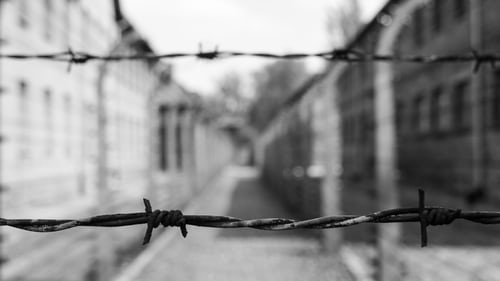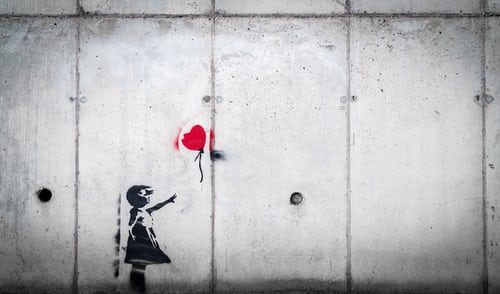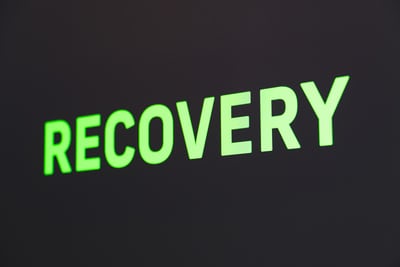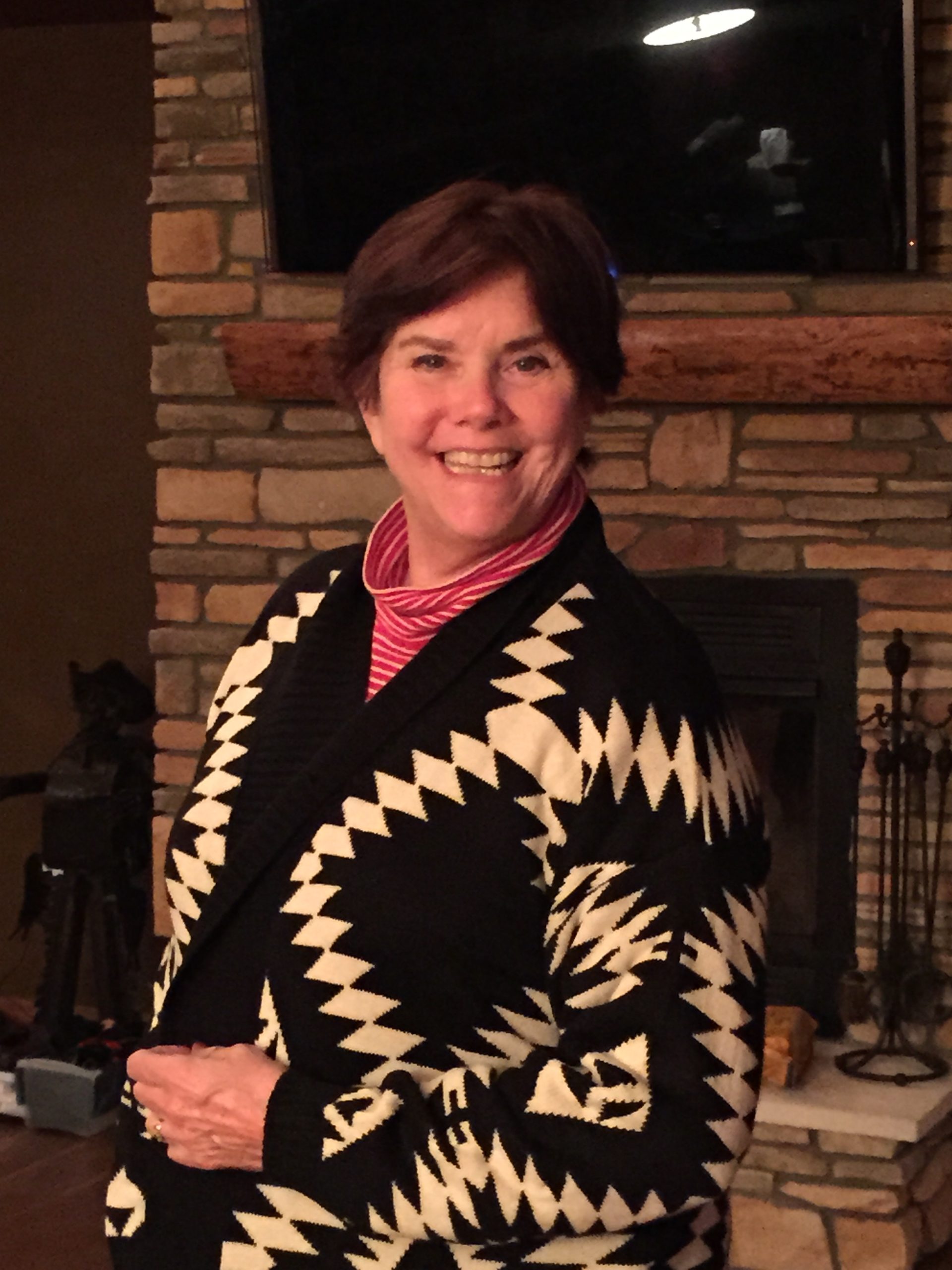HOW ARE YOU at completing what you started, taking it all the way to the end? Would you say you’re a great starter, AND a great finisher? Or are you better at getting all excited about starting something, delving into it, only to find yourself fizzling out and leaving it undone?
I confess I’m a better starter than finisher. I usually burn up all my enthusiasm and energy for a project before putting the finishing touches of completion on it. All I have to do is glance around my house to prove it. Or open a craft box. (To my joy, many of those years-left-partially-finished-and-undone projects were recently completed. Hallelujah! But I had to really give myself a lot of pep talks and fanny kicking to do them.)
Complicate the matter with my ADD tendencies, and the fact that I often have too many projects going at one time, and you have a recipe for lots of starts but few completions.
But after a project is really finished, it feels soooo good. Not only does the project look and feel completed, and gives me pleasure, but I kind of feel completed too. Really satisfied. And better. Looking at undone projects depresses me, and makes me feel a little tarnished, like the threads of my life are hanging frayed and knotted.
Grief and grieving can follow the same course.
But just how do we ensure that we complete the grieving well and don’t leave any suppressed grief festering in our souls?

The “How” of Grief Recovery and Completion—
If statistics are correct, we are people who love to learn how to do things. We constantly search “How to” do this or that on the Internet. We want to learn, so we can accomplish things, grow, share our new knowledge and achieve. Change.
But as much as we want to be able to get through the grief we didn’t start on purpose, we don’t always ask “How?” or know what steps we should take to finish the grief, or complete it. Deep in our hearts, we still feel as though something’s not quite finished with the grieving process.
Last week we started our discussion on the grief completion process, and I introduced the term and idea of using a relationship review to help with that completion. Before we move on, though, let’s review the Grief Recovery Institute’s definition of completion.
“Completion is the action of discovering and communicating, directly or indirectly, the undelivered emotions that attach to any relationship that changes or ends.”
Sounds simple, straightforward and easy enough, doesn’t it?
But maybe it’s not.
Like any project we endeavor to start and complete, there are steps we need to take to get it done. We usually can’t do the steps out of order, and we sometimes need to wait patiently for one step to be completed (maybe dry or cure) before moving onto the next one. And if we bungle one, sometimes we need to tamp down our frustration, back up, and redo it. Otherwise the finished product looks kind of crummy and unfinished.

What’s involved in grief completion?
Again, before we move on, let’s review the truths of this completion definition.
- Completion is an action. It requires the griever to do something for herself; to be an active participant.
- Completion is an act of discovery, which implies uncovering hidden truths or tangible items. Bringing into the light what was once hidden from sight or recognition.
- Completion is communicating, verbalizing what was once unspoken or unexpressed.
- Completion uncovers or sheds light on emotionsthat have not previously been acknowledged or expressed.
Grief completion is the process you go through. It’s where you dig deeply into your heart and memory banks to find and expose those emotions that naturally accompany any relationship. The emotions you buried or were lying dormant.
The emotions that brought you joy.
The emotions that brought you pain.
The emotions you felt guilty for having.
The emotions you wanted to express, but, for whatever reason, you didn’t or couldn’t.
Through that act of discovery—identifying those honest emotions and expressing them—you move forward to completing your grief. Putting yourself back together, to be whole and thrive.
And the means by which we can do this is the relationship review.

What is a relationship review?
A relationship review happens when we dig down deep and draw out and express those emotions we had, and may still have, surrounding a relationship and its loss.
Happy emotions. Sad emotions. Regretful or guilty emotions. Unfinished emotions.
Emotions directly related to your relationship with the person, job, or pet you lost.
The family member that died. The house and community you had to leave. The beloved pet you had to put down. The job you walked away from, or lost. The friend that decided they no longer valued you or your friendship and said goodbye.
Those are the emotions swirling around what you wished could or would have been different, better, or more about the relationship. Unrealized hopes and dreams about the future. The ones you had to say goodbye to or walk away from.
The discovery of those emotions can be used to complete what is emotionally unfinished.

Who’s responsible for making the correct action choices?
In spite of exhaustion or a desire to ignore and hope it goes away, it is the griever who needs to take these decisive actions. A concerned friend or family member can’t do it for them. While you may suggest and encourage, go first, or walk alongside, or be a listening ear, you cannot force or do.
You cannot complete this difficult project for them.
Recovery from grief or loss is achieved by a series of steps—small and correct actions—made by the griever.
Each griever had his or her own unique relationship with the person, family, pet, or circumstance. The actions they take are entirely about their relationship—not anyone else’s—with those people or things.
Other people’s relationship emotions must not be planted into the griever’s mind.
And therein lies the danger of sharing your emotions with family members.
While some siblings or other family survivors are good, sympathetic listeners, others may try to guide, put down or dismiss another survivor’s emotions. This only causes a griever to clam up, shut down, and then never revisit the grief. Or, they might claim others’ expressed emotions as their own.
All these things must be guarded against, which is why joining a grief group, or connecting with someone trained in the process can be so helpful and effective. You feel freer to really bare and share your heart and all those emotions. You won’t need to worry about being judged, criticized or belittled for your feelings or voiced expressions.

When to begin the relationship review in the grieving process?
It is never too late to do a relationship review. If you feel stuck in grief or that you have unfinished relationship or circumstance emotions you never addressed, the review is helpful.
And there is no perfect time to begin the relationship review, although the sooner you start after the acute pain wears off is a good time. Sometimes it’s when you just feel and know it’s right to venture into the waters.
But watch out for negative grief influences!

What might hamper a relationship review?
Our Western world tends to look down on “sad” emotions. We negate emotional pain and suffering and tuck it into the “weak” category.
You may have been influenced by this pervasive thought and feel self-conscious or fearful of baring those different, more, and better thoughts and feelings.
Again, this is where a grief group or knowledgeable and sympathetic guide can be helpful.
Other things that might hamper a relationship review are myths, like saying everybody dies eventually. Or just pull yourself by your bootstraps and move on. Don’t feel bad, as though feeling bad is evil. Or believing if you just stay busy enough it won’t hurt as much, or it will go away.
None of those beliefs or tactics work. In fact, they can be detrimental to healing.

How to embark on a relationship review—
The first thing to remember is that all grief is experienced at 100 percent. Everyone experiences a loss at her own level of intensity. And that level is usually based on the uniqueness of the relationship.
While I am still suffering the loss of a dear friend and confidante, my friend’s husband and children are suffering in infinitely different and deeper ways. I must be very careful not to compare my suffering with theirs, or presume to know how each of them is feeling.
Like the physical effects they might be experiencing.

The physical effects of grief—
Grief fills up your entire being. No part of your body, soul, mind or spirit is left untouched. That’s why you can feel physically ill and in real pain. Just look what WebMD had to say about the physical effects of grief in a July 2019 article.
“A range of studies reveal the powerful effects grief can have on the body. Grief increases inflammation, which can worsen health problems you already have and cause new ones. It batters the immune system, leaving you depleted and vulnerable to infection. The heartbreak of grief can increase blood pressure and the risk of blood clots. Intense grief can alter the heart muscle so much that it causes “broken heart syndrome,” a form of heart disease with the same symptoms as a heart attack.”
Several weeks after my father died, my family went on a ski trip. I thought I was “managing” my grief, until the night I suddenly and unexpectedly had a rapid heart rate and started hyperventilating and had to lie down on the floor. For a moment I thought I might be experiencing a heart attack, until my mind landed on what was really going on.
A panic attack.
My body was reacting to my grief, throwing out symptoms of my pain. My heart muscle and lungs were suffering right along with my mind. After several minutes of controlled breathing and relaxation techniques, my heart calmed down and my breathing normalized.
A warning sign that things still were not well. I needed to continue the healing process.

The dangers of trying to intellectualize death and grief—
Ever have the question “Why?” run through your mind after a loved one dies?
What seems like an intellectual reaction is actually more an emotional lamentation.
Before you try to answer that question of why with a scientific explanation, it’s better to examine the real question. And sometimes, even after all the scientific evaluation is done and satisfied, the answer to that question is: “I don’t know why.”
So be careful of trying to shift your or a griever’s responses away from emotions and toward intellectual reasoning.
You want to maintain safety of expression so you, or the griever, can tell the emotional truth. You’re angry. You’re feeling upended and lost. Your heart feels splintered, or aches to the point of bursting. You’re upset about something the person said to you before they died. Or didn’t say. The way the whole thing happened.

When do feelings of loss end?
Don’t expect your grief feelings to end right after the funeral or memorial service. Feelings continue. Sometimes for a long time.
It’s never too late to review and address the emotions that pop into your mind and heart.
As Amy Davis, a recovered griever who was quoted in the WebMD article noted about grief:
“Lean into it. You only get to grieve your loved one once. Don’t spend the whole time trying to distract yourself or push it down….you will miss feeling that connected to that person again. And if you feel like your whole life has fallen apart, that’s fine! It totally has. Now you get to decide how to put yourself back together. Be creative. There’s new life to be lived all around you.”
Right on, Amy!

Invitation—
Who in your life would make an ideal grief listener? Someone you could share your innermost feelings with and not be made to feel weak or bad after voicing those emotions.
Is there a grief group in your area or online that you could access, to honestly share your pain?
How do you think you could benefit from it?
NEXT WEEK we’ll take a step further in undertaking a relationship review by looking at the initial questions to ask yourself and examining the emotional energy checklist.
Until then, don’t hide from your grief or try to wish it away, or cover it up with busyness. As Amy Davis said, “Lean into it.” If you take the right steps and make productive choices, you can and will thrive again!
Blessings,
Andrea
“Beloved, I pray that you prosper in all things and be in health, just as your soul prospers” (3 John).
Andrea Arthur Owan, M.S., A.T., R., is a fitness pro, award-winning inspirational writer, memoirist, and senior-ordained chaplain (IFOC). She helps people to thrive physically, emotionally, and spiritually, and recover from grief, loss and trauma.





 Andrea Arthur Owan, M.S., A.T., R., is a fitness pro, award-winning inspirational writer and senior-ordained chaplain (IFOC). She helps people recover from grief, loss and trauma, and to thrive — physically, emotionally, and spiritually.
Andrea Arthur Owan, M.S., A.T., R., is a fitness pro, award-winning inspirational writer and senior-ordained chaplain (IFOC). She helps people recover from grief, loss and trauma, and to thrive — physically, emotionally, and spiritually.


